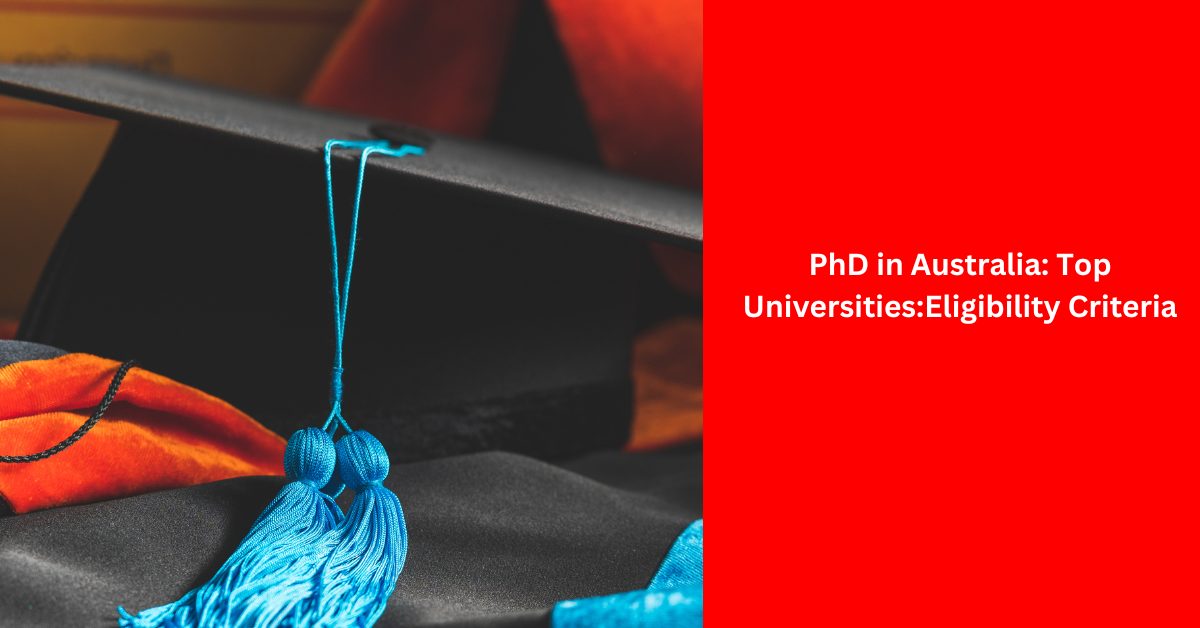PhD in Australia: Top Colleges, Placement, and Salaries
Undertaking a PhD in Australia can be a rewarding and enriching experience for individuals seeking to pursue advanced research in their field of interest. Australia is renowned for its world-class education system, and its universities consistently rank among the top in the world. In this article, we will explore the top colleges for pursuing a PhD in Australia, as well as the placement opportunities and average salaries that await graduates.
Top Universities for PhD in Australia
Australia boasts several prestigious universities that offer exceptional research opportunities for PhD candidates. Some of the top universities include:
- University of Melbourne
- Australian National University
- University of Sydney
- University of Queensland
- Monash University
These universities have a strong reputation for their research output, faculty expertise, and state-of-the-art facilities, making them ideal choices for aspiring PhD students.
Eligibility Criteria for PhD in Australia
The eligibility criteria for pursuing a PhD in Australia may vary slightly between universities. However, most institutions require candidates to have completed a master’s degree or an equivalent qualification. In addition, applicants are expected to demonstrate a high level of academic achievement and research potential.
International students are also required to meet English language proficiency requirements, which can be demonstrated through standardized tests such as IELTS or TOEFL.
Admission Requirements for PhD in Australia
When applying for a PhD program in Australia, prospective students are typically required to submit the following documents:
- Completed application form
- Academic transcripts
- Research proposal outlining the intended area of study
- Letters of recommendation
- Resume or curriculum vitae
- Proof of English language proficiency
It is important to note that admission to a PhD program is highly competitive, and meeting the minimum requirements does not guarantee acceptance. Strong research potential, relevant experience, and a well-crafted research proposal are essential to stand out among other applicants.
Cost of Study for PhD in Australia
The cost of studying for a PhD in Australia can vary depending on factors such as the university, course duration, and whether the student is an international or domestic student.
International students can expect to pay higher tuition fees compared to domestic students. On average, international students can expect to pay between AUD 30,000 to AUD 45,000 per year for a PhD program. However, it is important to note that scholarships and funding opportunities are available for eligible candidates, which can significantly reduce the financial burden.
Best Australian Student Visa Interview Questions and Answers [Updated]
Placement and Salaries
Completing a PhD in Australia opens up a wide range of career opportunities in academia, research institutions, and industry. Graduates are highly sought after for their advanced research skills and expertise in their respective fields.
The average salary for PhD holders in Australia varies depending on the field of study and the sector of employment. However, on average, PhD graduates can expect to earn a higher salary compared to those with lower qualifications. According to the Australian Government’s Job Outlook website, the median annual salary for a PhD holder is around AUD 100,000.
Furthermore, universities in Australia have strong industry connections and actively support their graduates in finding employment opportunities. Many universities have dedicated career services that assist students in securing placements and internships during their studies, enhancing their employability upon graduation.
In conclusion, pursuing a PhD in Australia offers a multitude of benefits, including the opportunity to study at top universities, gain valuable research experience, and access a wide range of career prospects. While the journey may be challenging, the rewards are well worth the effort.

3 thoughts on “PhD in Australia: Top Universities:Eligibility Criteria”